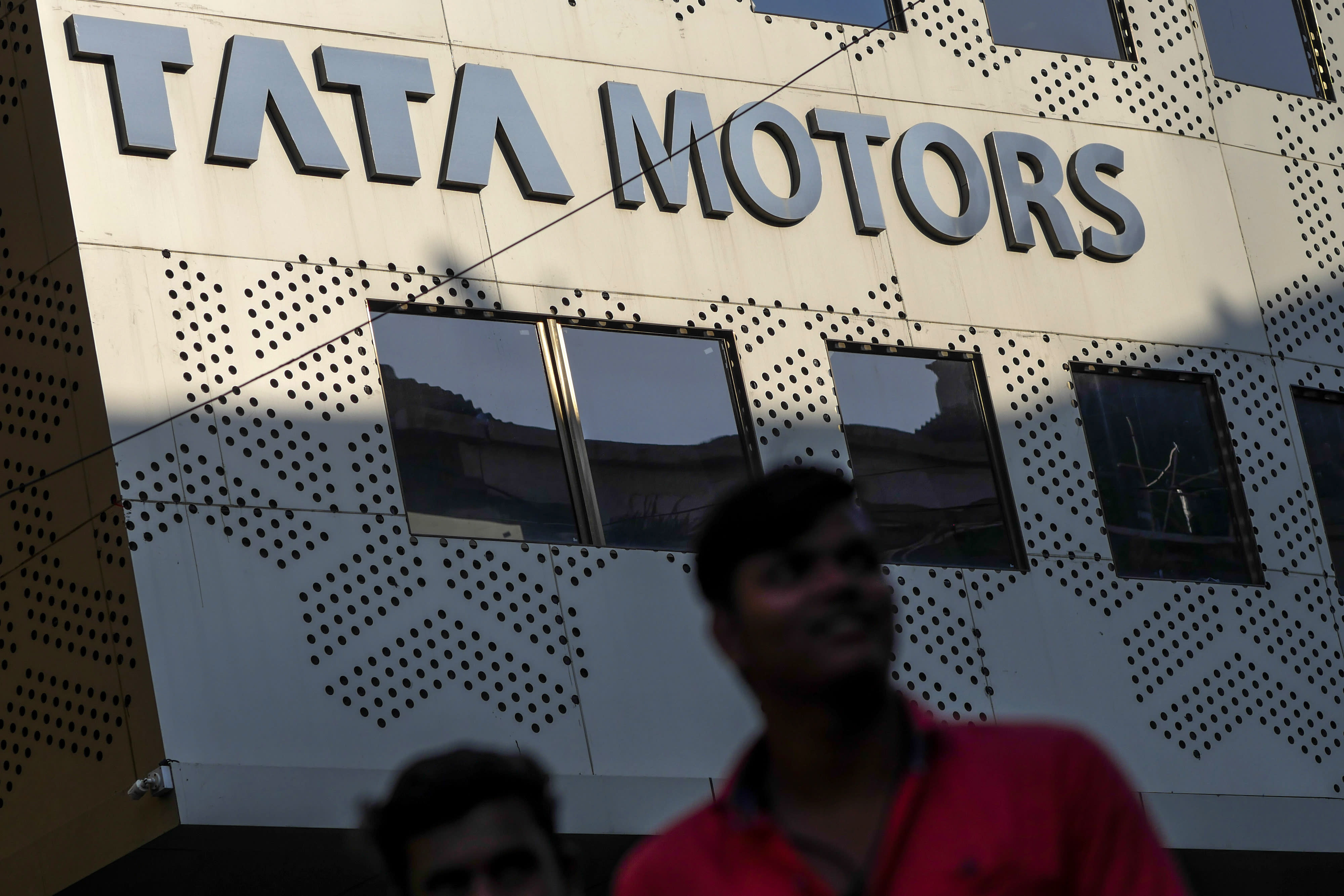Billionaire investor Rakesh Jhunjhunwala reveals how he’s playing India’s electric vehicle market

Indian billionaire investor Rakesh Jhunjhunwala is betting on automaker Tata Motors as one of the winners of India’s growing electric vehicle market.
“I think the biggest and the best player in electric cars in India is going to be Tata Motors,” Jhunjhunwala told CNBC’s “Street Signs Asia,” on Tuesday.
“I am a large shareholder of Tata Motors. I am playing the EV story through Tata Motors,” the investor said.
He explained that valuation will not ultimately decide who will win the race for electric vehicles. Instead, large companies that have manufacturing and investment capabilities, distribution channels, production experience and the ability to design good cars are eventually going to come out ahead, according to Jhunjhunwala.
“I think it’s going to be the Mercedes, the Volkswagens, and the Tata Motors, who are going to be the real winners in the electric race,” he said, adding that another factor required to succeed in India is to be able to customize the cars for Indian road conditions — for example, the ability to drive those cars on flooded roads.
India is also a cost-conscious market where electric vehicle usage is likely to depend on the kind of incentives the government gives, the investor explained. Infrastructure, such as charging stations, still needs to be built out for widespread adoption. But, Jhunjhunwala said, India is “ready as any developing country, but, I think the pace of readiness is going to go up like anything.”
Both Tata Motors and competitor Mahindra & Mahindra already sell electric vehicles. U.S. electric vehicle giant Tesla is reportedly preparing to open an electric car manufacturing unit in South India.
Signage for Tata Motors displayed at the company’s headquarters in Mumbai, India, on Jan. 27, 2018.
Dhiraj Singh | Bloomberg | Getty Images
Diversified financial services firm Motilal Oswal this month told CNBC a lot of the excitement in India’s electric vehicle market is coming from ancillary spaces such as battery manufacturing.
Among the automakers, the firm said it prefers Maruti Suzuki — India’s largest carmaker — because of its strong distribution network even though Maruti itself is not quite as upbeat on electric vehicles yet.
India is attempting to both reduce its dependency on oil and improve its air quality. That is likely to spur a push into electric vehicles.
Reuters reported last year that India has potential plans to offer $4.6 billion in incentives to companies setting up advanced battery manufacturing facilities as part of its efforts to promote the use of electric vehicles. The country previously approved a scheme to subsidize the sale of electric and hybrid vehicles.
In this month’s annual budget for the fiscal year that begins on April 1, India announced a voluntary vehicle scrapping policy to phase out old vehicles that contribute to the country’s poor air quality.




